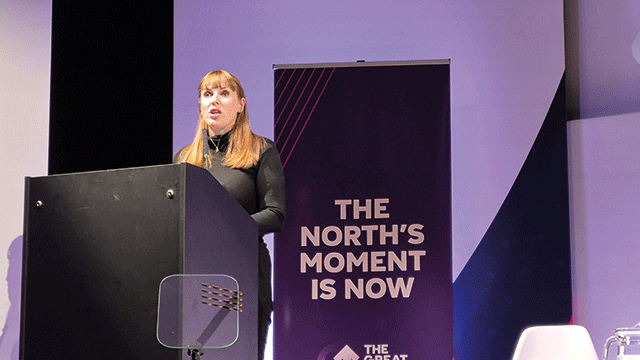In the past 15 months, the Lloyds corporate real estate business support unit team has grown its headcount from 40 to 420 people. That’s a staggering increase – a hiring rate of more than a person every working day.
Today, scores of case officers – some of whom are tasked with looking after just a single case – are working to reach solutions with borrowers and their advisers. Their goal is to reach consensus with the borrower and ensure debts are repaid.
It’s an overused word, consensus, but a necessary one. After all, the bank has influence but not control; it does not own the assets on which it is negotiating. But Lloyds is prepared to be patient. Richard Dakin, managing director and head of corporate real estate business support at Lloyds, told the EG Investment Summit on Wednesday (p59) he is thinking about managing the book over the next five years, not dumping stock onto the market in the next five months.
That patience is evident. Dakin’s phone will have been ringing off the hook over the past year, with no shortage of offers to help him dispose of the £19.6bn portion of Lloyds’ £81bn property loan book that sits in the business support unit and is considered impaired. And he has resisted most of these overtures.
But he can’t afford to be too patient. The cost of holding on to distressed debt can be high. For a lender, it soaks up management time that could be better deployed more profitably. For a stuttering market, it means starvation, as no new borrowing flows through to fuel fresh development.
Rather than deal with third parties himself, Dakin’s preference is that borrowers come to his team with solutions that show evidence of new equity and value-enhancing asset management skills. Again, that’s an ideal. The reality on the ground may have be different.
Because, to paraphrase PricewaterhouseCoopers partner Barry Gilbertson, who spoke later in the day, it’s time we all stopped burying our heads in the sand on this one.
So far, bankers have not wanted to recognise further losses, spooking investors and angering state backers. Regulators have sought to avoid doing anything that may drive instability and a further round of quantitative easing. And it’s hardly been in a borrower’s interest to force the issue and destroy any equity they may yet recover in their business.
But something will have to give. Rather than sell property portfolios, banks may seek to sell off the loan books themselves. And while the prospect of REITs being spun out of lenders’ books may not feel imminent, JP Morgan Cazenove head of real estate corporate finance Robert Fowlds told the summit that the markets would be receptive if the price were right.
Last month, EG revealed that Lloyds itself had assembled a panel of agents to help it to reduce its distressed property loan book. That doesn’t mean a firesale of properties, of course, but it signals movement.
• Congratulations to the eight individuals shortlisted for the first Estates Gazette Young Property Professional of the Year Award. Based on the quality and quantity of this year’s entries, it’s already proving to be one of the most coveted of all our Awards – and, we believe, among the most important.
A number of industry leaders have asked me in recent months where the next generation of leaders will come from. My answer is that those women and men are already out there. Most are within the industry, though many are not. And some, we suspect, are already on our shortlist, published on page 150. The winner will be named at the annual EG Awards on 22 November, at the London Hilton on Park Lane Hotel.
To catch up with the other shortlists, published last week, and to book a table, go to www.egawardsevent.com
damian.wild@estatesgazette.com










